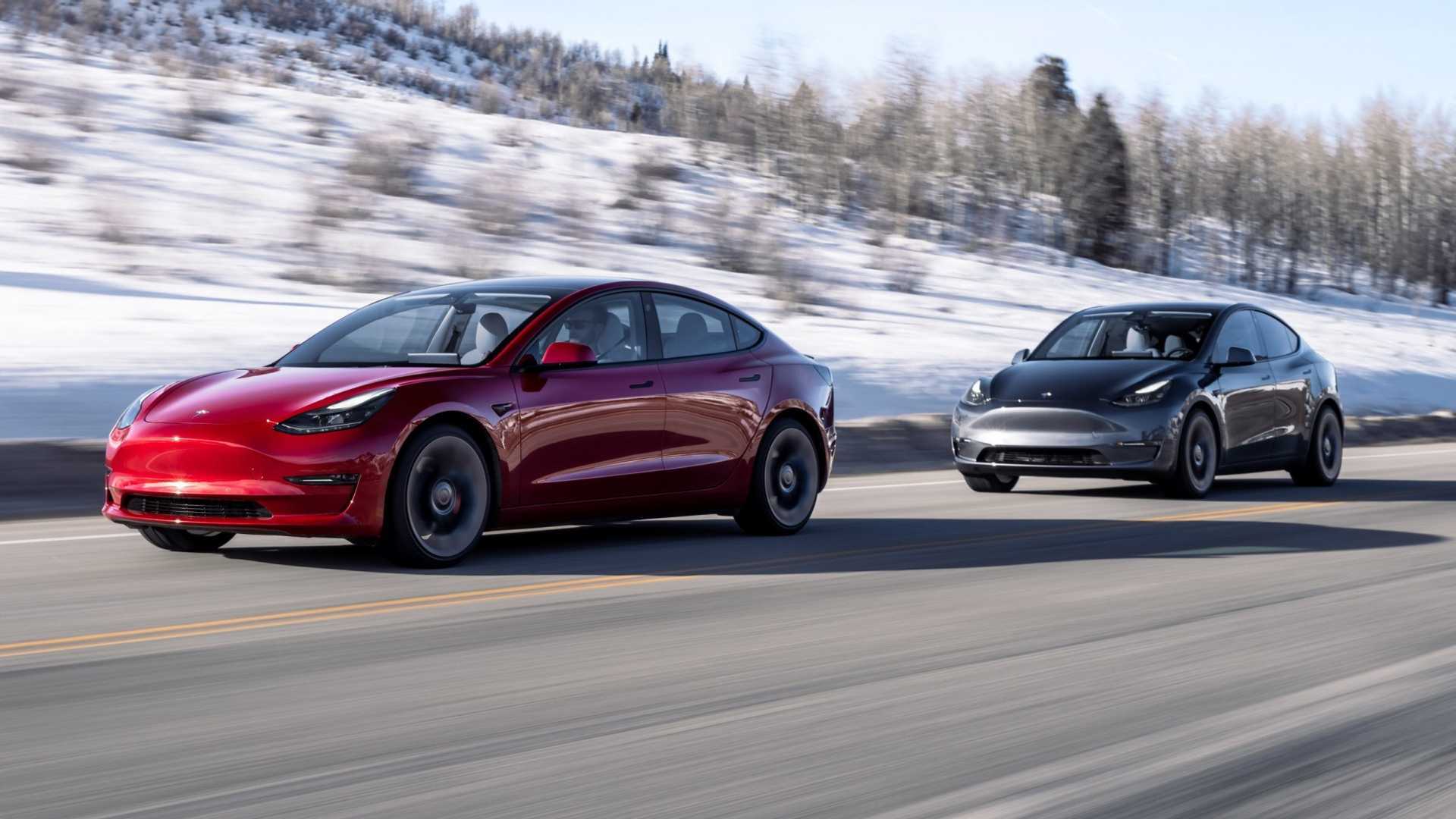
Not long ago, we informed you that US Senate Majority Leader Chuck Schumer and Democratic Senator Joe Manchin agreed on a new US EV tax credit. It didn't take long for the Inflation Reduction Act, which includes the credit, to pass the Senate with just one vote to spare. Now, amid pushback from multiple automakers, the legislation is headed to the house to be voted into law.
In the midst of automakers noting that few electric vehicles will be eligible for the credit, the European Union has come forward to push back. Late last week, the EU shared that the tax credit will not only discriminate against European automakers, but also violate World Trade Organization rules. Miriam Garcia Ferrer, a spokeswoman for the European Commission said:
“The European Union is deeply concerned by this new, potential, trans-Atlantic trade barrier. We think that it’s discriminatory, that it’s discriminating against foreign producers in relation to U.S. producers.”
Essentially, EVs in the US can get up to a $7,500 credit at the point of sale. However, in order for a vehicle to qualify, it has to be built in North America and contain a battery with materials sourced from either North America or a country with which the US has a free trade agreement.
The spokeswoman went on to say that the fact that the bill discriminates against foreign producers makes it "incompatible with the WTO." She added that it's the European Commission's job to conduct trade with other countries and that the commission agrees with and supports tax credits. However, the policies must remain fair.
The US EV tax credit is intended to make it easier for the average US car buyer to afford an electric vehicle. This specific legislation also aims to encourage domestic manufacturing and material sourcing. Over the long term, the hope is that the US is less dependent on foreign countries.
With that said, many automakers have already made it clear they can't comply with the bill in a timely fashion, and very few US EVs will be eligible for the new credit. In fact, some brands are working to get customers locked into an EV purchase agreement so they can still take advantage of the current credit. This is because once the new credit goes into law, those cars will become immediately ineligible.
Over time, it makes sense that US automakers could get to a point where most sourcing and production are domestic. The US arguably needs to step up its EV game and work to have a highly competitive domestic battery supply chain throughout North America. However, it seems many are arguing that the potential credit just goes too far too quickly, which will actually hinder EV sales, at least initially.







